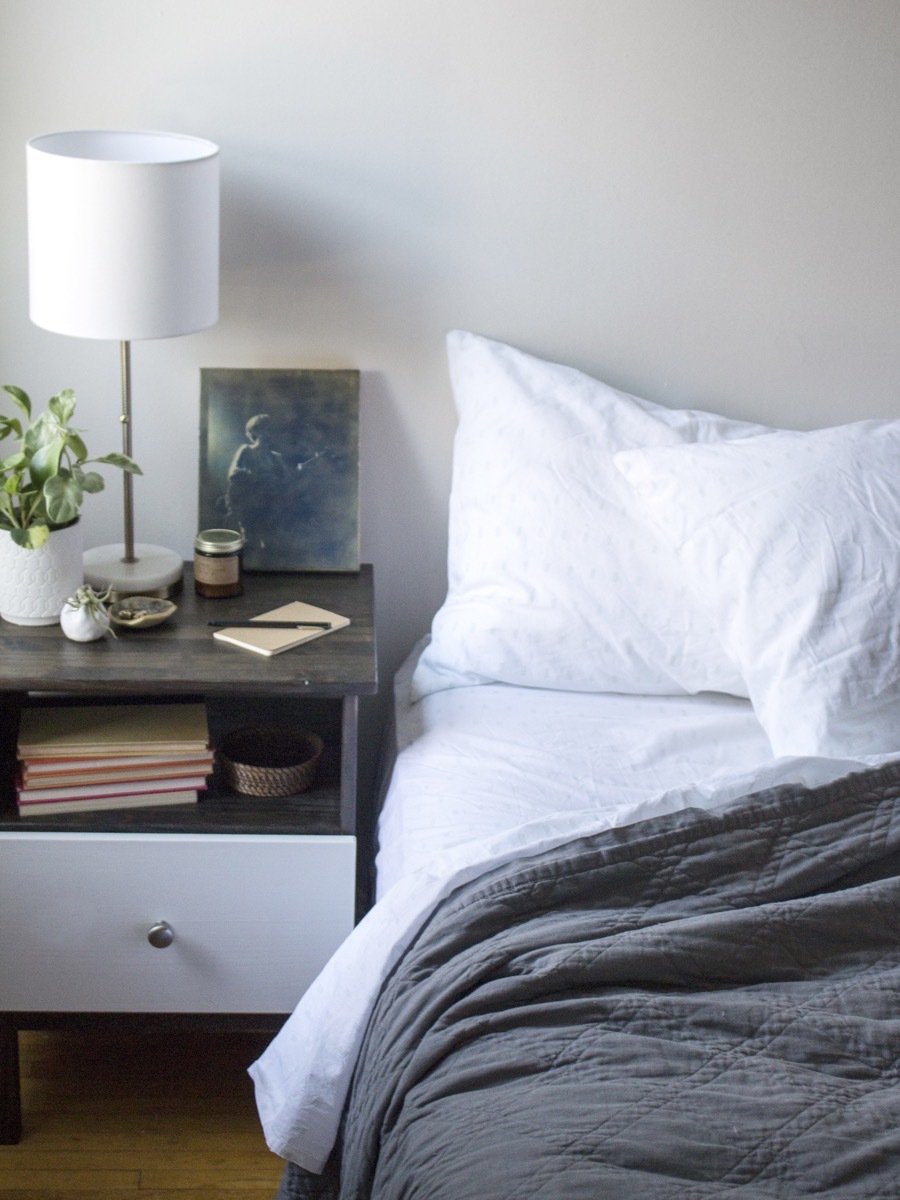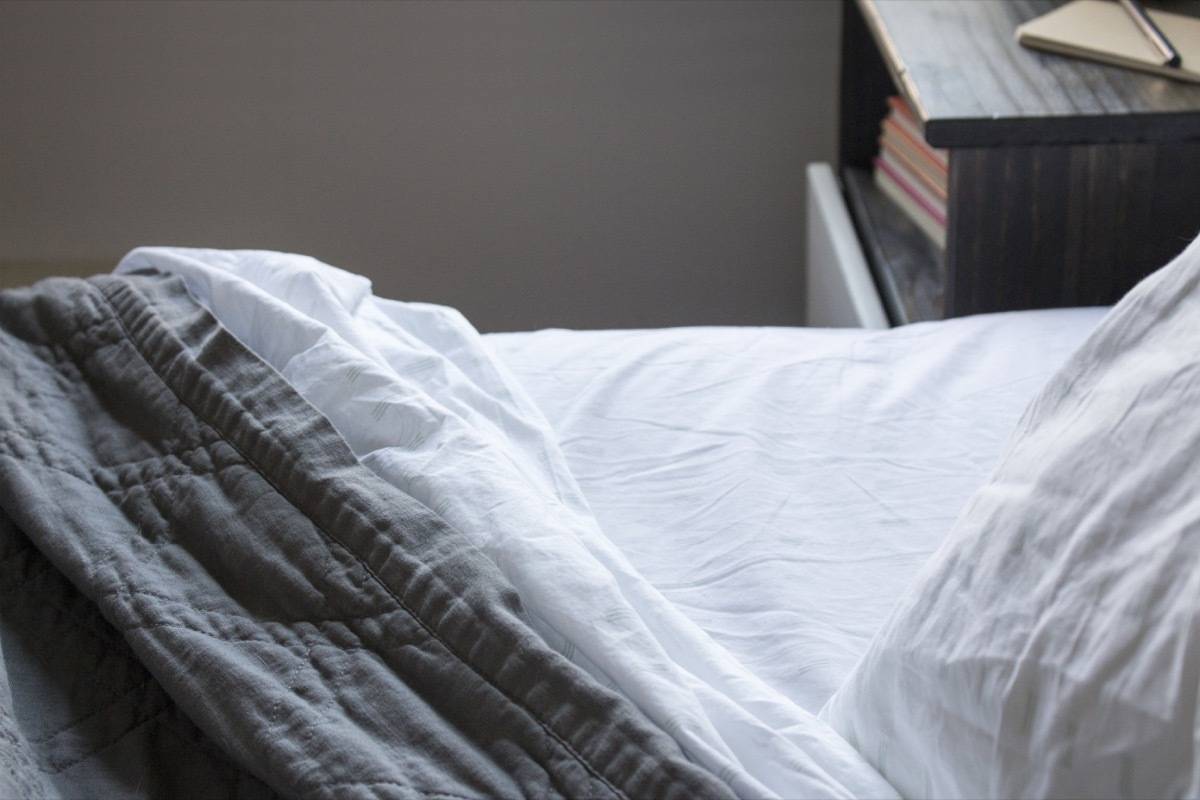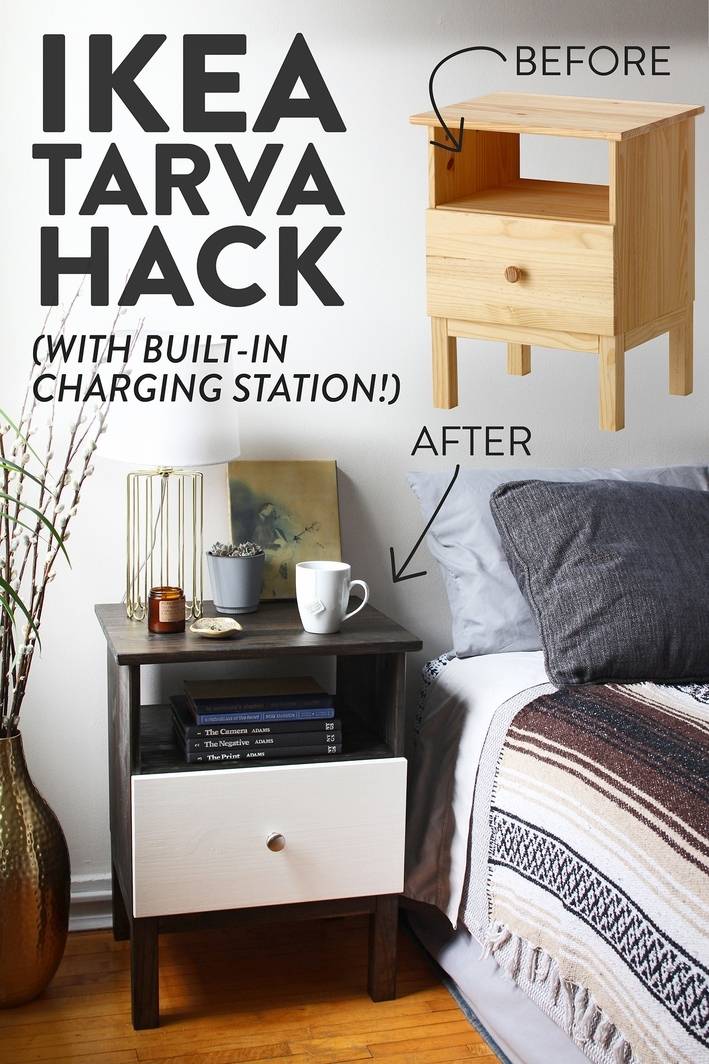When I was a college student in my early twenties, I detested mornings. Not only did I hate them, but they literally made me sick. If I had an opening shift at work or an 8 A.M. class to make it to, there was always a battle between me, the morning air, and waves of pure nausea. I learned real quick that if I wanted to actually graduate, all my classes needed to be no earlier than 9:30 A.M. Nowadays, I enjoy mornings. Like, really, really enjoy then. I love waking up nice and early, even on the weekends. I even feel bummed when I oversleep. The miraculous transition from Night Owl to Early Bird did not happen overnight. It was a process that took months, maybe even a year. But it did happen. I’m here to share with you how to be a morning person, or at least how the magic happened for me.
What is a morning person?
Before we get into why and how to be a morning person, I want to preface by saying whatever being a “morning person” means is up to you. For me, it means not rushing out of the front door a mere 10 minutes after I open my eyes. It means that I’m not going to have a mental breakdown if I fall behind in my morning routine because there’s no way I’ll catch up. It means waking up at a consistent time, and waking up feeling refreshed. Being a morning person means I’m relishing the dawn, not dreading it. This is important, because every moment of every day is precious, and we should learn appreciate all the time we’re given. Okay, lets’s get into why being a morning person is the best thing ever.
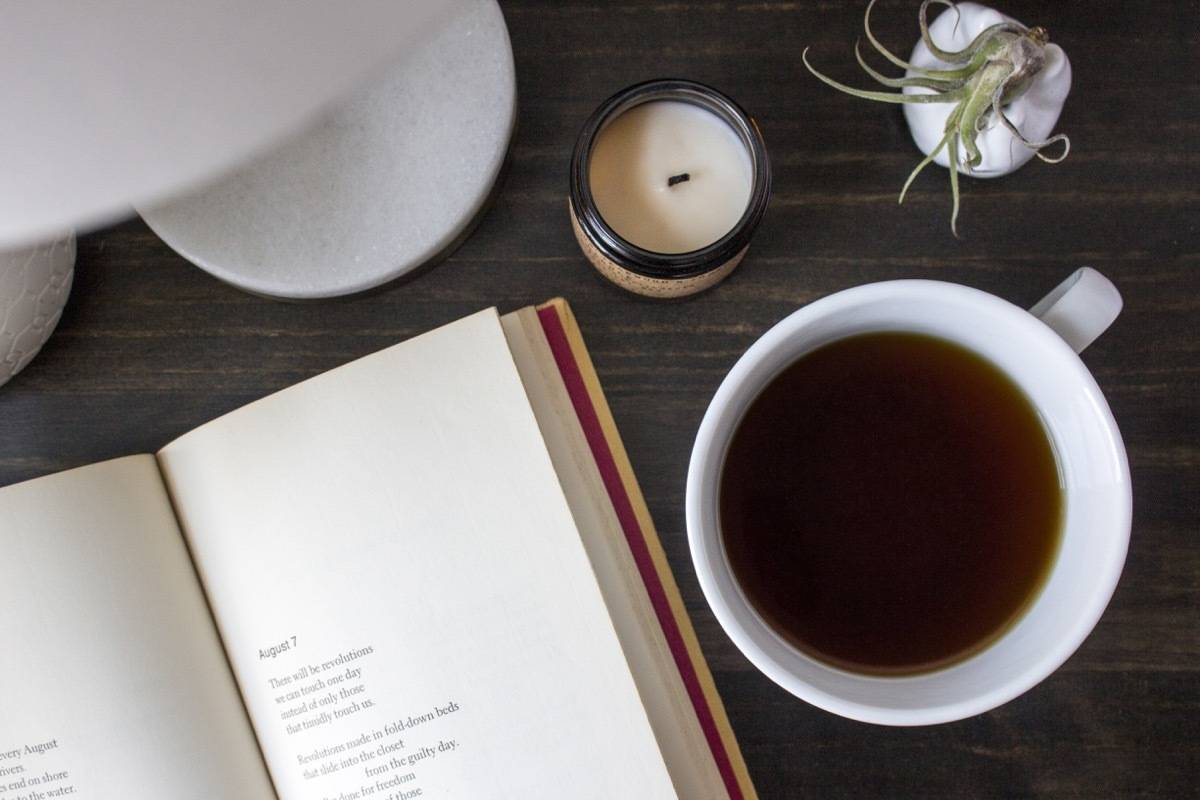
Why you should be a morning person
- You’ll be less groggy
- You’ll be less stressed
- You’ll get better sleep
Doesn’t that all sound so appealing?? I can attest that transitioning into a lark has improved all these areas in my own life. I’m a lot less groggy during the times that matter. Previously, I would wake, put on my pants with a toothbrush in my mouth, and be out of the door in 10 minutes. The transition from sleep-to-waking was happening while I was in the car driving to work. Not great. Now, I get to transition out of the grogginess in the comfort of my own home, and not while operating heavy machinery (a win for everyone involved).
I’m not as stressed in the morning for similar reasons. An earlier waking time means more flexibility in my morning routine. Coffee machine malfunctioning? That’s okay, there’s time to fix it. No matter what you do, the dog just won’t hurry up and pee? Not a problem, there’s wiggle room in the schedule.
My sleep has improved the most. While sleeping more by waking later may seem like the logical solution to tiredness, a consistent schedule does the trick much better. Your body comes equipped with a sleep schedule (hello, REM cycle!), and loves it when you stick to that schedule.
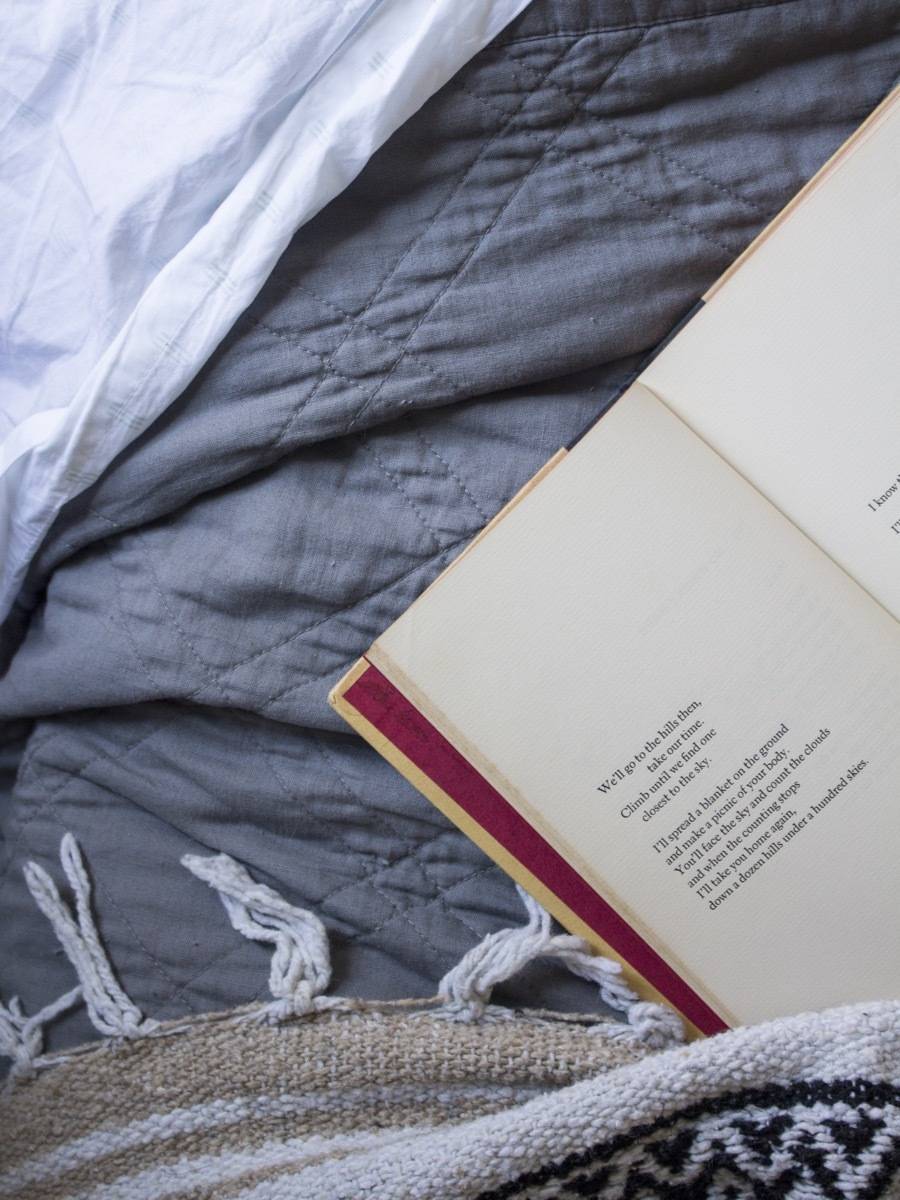
How to be a morning person
- Train your brain to wake earlier: If you’re the ambitious type, you may have tried to change your wake up time abruptly. I feel ya. I’ve gotten overzealous and decided I was going to be the type of person who wakes up at 5:30 and goes for a jog, walks the dog, showers, and makes breakfast for the entire household, all before heading to work. I’m only able to keep up this ridiculous plan for about two days, then crash by the third. If you want to give yourself more time in the mornings, you have to slowly let your body know that the routine is changing. Set your alarm clock an additional 15 minutes back, and try that for a week. Go back another 15 minutes for another week, until you’re waking up at your desired time. Your body is much more likely to respond positively to transitioning versus abrupt change.
- Go to bed earlier (eventually): The hard truth is that if you want to wake up earlier, you’re gonna need to go to bed earlier. That being said, I’ve never in my life been able to force myself to go to sleep earlier than I normally do. My brain is either in two modes: totally wired or absolutely shut down. Since waking earlier means you’ll need more sleep, work on transitioning your bedtime along with your waking time. Let your body naturally decide when it’s ready to rest, but stick firmly to your wake-up time.
- Plan your morning: If there isn’t a great reason to crawl out of your comfortable bed in the morning, then you’re not going to do it in a hurry. Give yourself something to do – to look forward to – to motivate rising earlier. Your reward is up to you. If you like exercise, treat yourself to a jog. Or maybe the reward is a fresh cup of coffee, or a moment of complete silence that’s all yours. Read a little, write a little, take the extra time to do your hair – whatever makes you happy. Having a plan rings especially true on weekends. It’s tempting to sleep the day away on Saturday and Sunday, but over-sleeping two days in a row will negatively affect your Monday-Friday routine. The key to being a good morning person is to stick to your schedule.
- Plan your evening: Basically, the solution for how to be a morning person is organizing your time efficiently. In order to make your mornings less complicated (and thus, more enjoyable), you’ll have to get more done the night before. Set out a complete outfit so your tired brain doesn’t have to make fashion choices first thing. Fill the coffee maker with coffee grounds. Set out a bowl and spoon for your cereal. Make the lunch you need to take to work. By freeing up time in the already rushed morning, you can allow yourself to move slower and face the day more calmly.
- Drink a glass of water in the morning: Before you reach for a cup of coffee, tea, or whatever gets you moving in the morning, drink water. If your body were a vehicle, water would be the engine oil. Drinking a glass of water first thing helps wake your body up from the inside and increases your energy. Additionally, it also speeds up your metabolism, rids your body of toxins, and clears up your skin! Win-win!
- Don’t hit the snooze button: Sorry, sleeper-inners, but postponing the time you wake only leaves you feeling groggier and less ready to face the day. The wake-up process actually begins before you even open your eyes. Your body’s core temperature starts increasing roughly two hours before you wake (towards the end of the REM cycle). By pressing snooze on your alarm over and over, you’re essentially telling your body that it doesn’t need to start waking up and doesn’t need to heat up, which means your bed is going to feel that much comfier.
- Make the bed: There’s no science behind this step on how to be a morning person, only simple fact. If you make your bed in the morning, you’re much less likely to get back in it and mess it all up.
- Shift your attitude: Easier said than done, but focusing your energies on the positive aspects of waking earlier (you’ll get more accomplished with your day, you’ll feel more refreshed in the morning, you’ll actually be able to eat breakfast, and so on) will allow you to rejoice in the morning. So basically, don’t be a grump. Get up and go. It’s worth it.
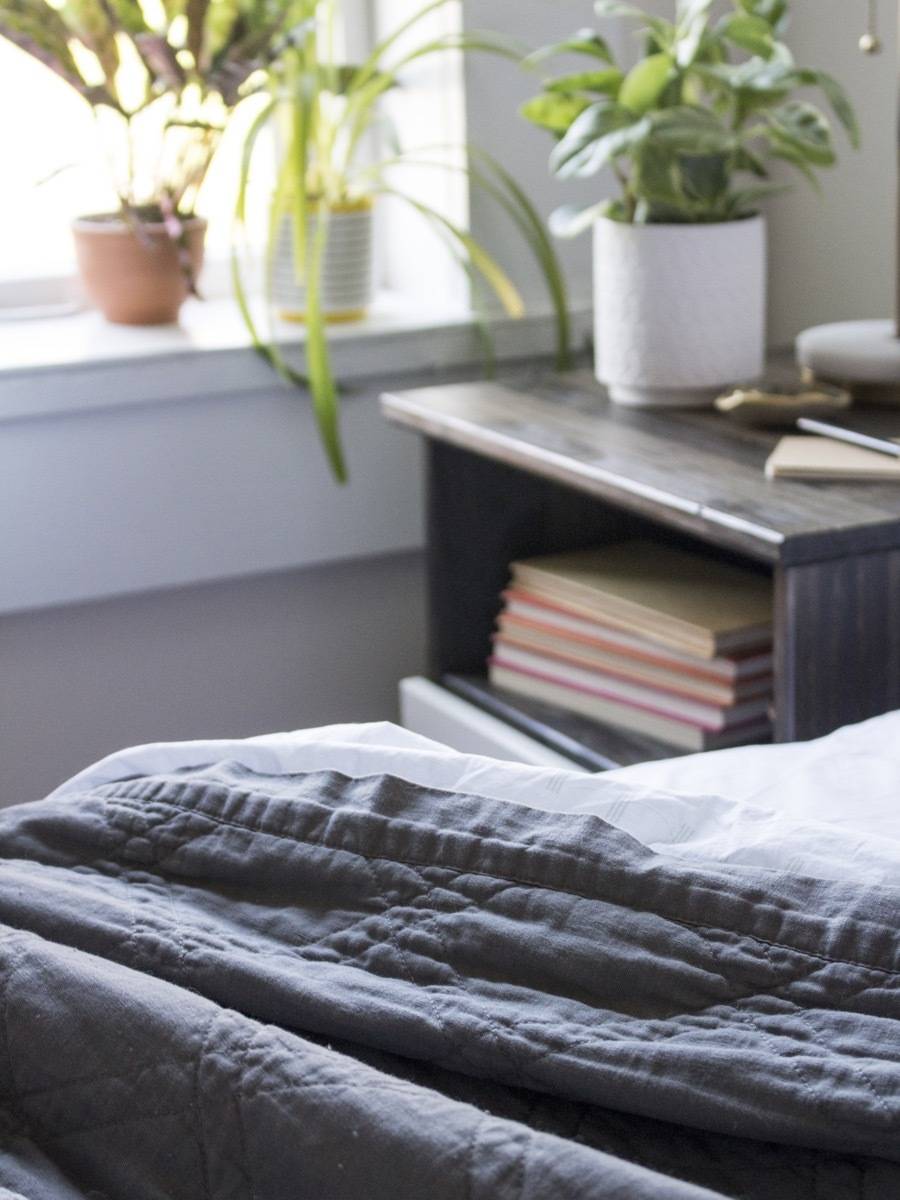
Hopefully you were able to find hope in my insight on how to be a morning person. It’s doable. For almost my whole life, I was always the person who woke up last in my house. Now, I’m the first person at work in the morning. Take your time, be kind to yourself, and enjoy every waking minute.
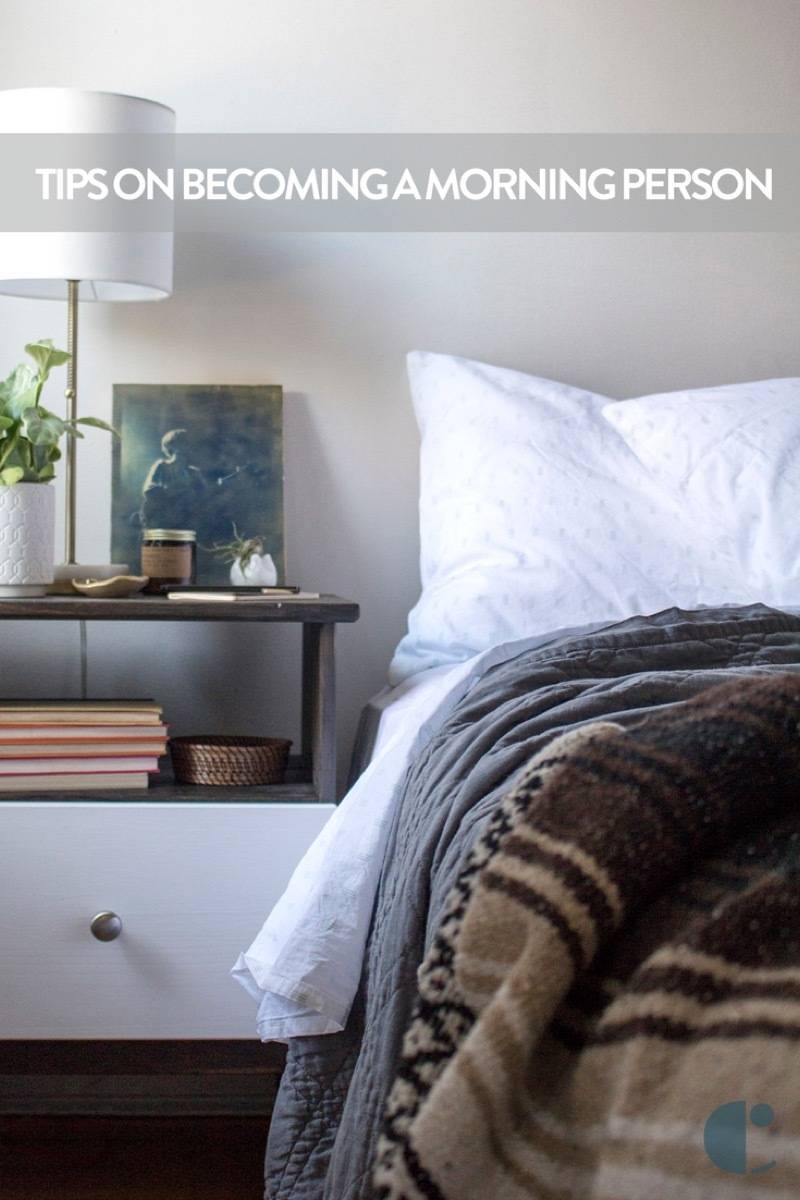
This nightstand by my bed is actually an IKEA hack – see how I made my TARVA side table tech-friendly.
